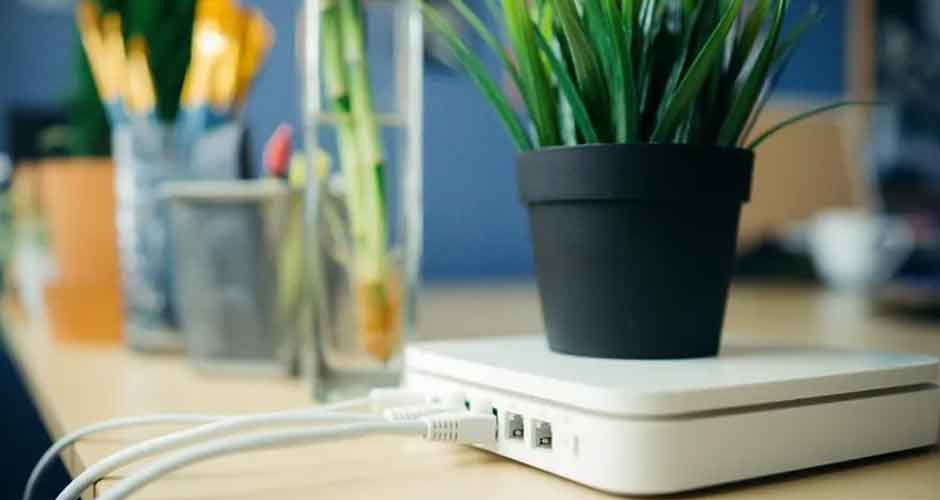A reliable internet connection is undeniably an indispensable aspect of daily life. Whether for work, entertainment, or staying connected with loved ones, choosing the right internet connection can significantly impact your online experience. One of the most crucial decisions you’ll encounter when setting up your internet connection is whether to opt for wired or wireless technology. So, let’s have a look at the options.
Wired Connections
Wired connections are characterized by their speed and stability.
- Stability: Wired connections, such as Ethernet cables, offer unparalleled stability and consistency. Unlike wireless connections that can be prone to interference or signal fluctuations, wired setups provide a reliable connection, crucial for activities demanding uninterrupted internet access like gaming or video conferencing.
- Speed: Wired connections often deliver faster speeds compared to their wireless counterparts. This is particularly advantageous for bandwidth-intensive tasks such as streaming high-definition content or downloading large files. With a wired connection, you can enjoy minimal latency and swift data transfer rates, resulting in a smoother online experience.
- Security: Wired connections are generally considered more secure than wireless ones. Since data is transmitted through physical cables, the risk of unauthorized interception is significantly reduced. This is particularly important for businesses or individuals dealing with sensitive information and seeking to minimize the risk of data breaches.
However, they also have some drawbacks.
- Limited Mobility: The primary drawback of wired connections is their lack of mobility. With Ethernet cables, users are confined to the vicinity of their modem or router, limiting their freedom to move around while accessing the internet. This can be inconvenient for those who prefer flexibility in using their devices across various rooms or locations.
- Installation Complexity: Setting up a wired connection may require more effort and expertise compared to wireless setups. It involves tasks such as routing cables through walls or under carpets, which can be challenging, especially in larger or older buildings. Additionally, renters or individuals in shared spaces may encounter restrictions on modifying existing infrastructure.
Wireless Connections
When it comes to wireless connections, they’re known for their convenience and flexibility.
- Mobility: Wireless connections offer unparalleled freedom of movement. With Wi-Fi technology, users can access the internet from anywhere within the range of their router, whether it’s in the living room, bedroom, or outdoor spaces. This flexibility is ideal for users who value convenience and wish to stay connected across multiple devices without being tethered to a specific location. Find a fiber internet provider in Tampa Florida that offers high-speed and reliable connectivity solutions to meet your online needs seamlessly.
- Easy Setup: Wireless connections are pretty easy to set up and usually require minimal installation compared to wired alternatives. All that’s needed is a compatible router, allowing multiple devices to connect wirelessly within minutes. This simplicity makes wireless internet a popular choice for households and businesses seeking hassle-free connectivity.
- Scalability: Wireless networks can effortlessly accommodate additional devices without the need for extra cables or infrastructure adjustments. Whether adding smart home devices, expanding office networks, or hosting gatherings with multiple guests, Wi-Fi offers seamless connectivity without the constraints of physical connections.
There are, however, a few downsides.
- Interference and Signal Loss: Wireless connections are susceptible to interference from various sources, including electronic devices, neighboring networks, and physical obstacles like walls. This interference can degrade signal quality and result in slower speeds or intermittent connectivity issues, especially in crowded or densely populated areas.
- Speed and Reliability: Despite advancements in wireless technology, wired connections still outperform wireless ones in terms of consistent performance and maximum throughput. In areas with poor signal strength or high network congestion, users may experience slower speeds and latency, affecting their online activities.
In conclusion
When choosing between wired and wireless internet connections, think about your specific needs, priorities, and environment. Ultimately, the best choice for you depends on factors such as usage habits, premises layout, and willingness to compromise between performance and flexibility.



